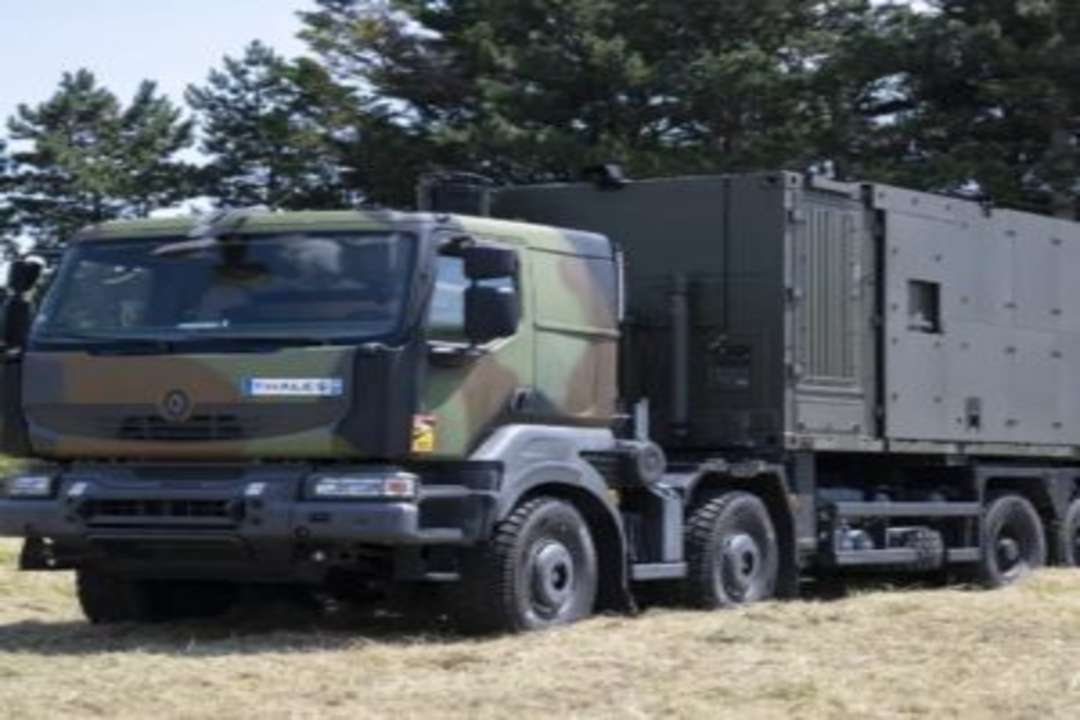Thales has introduced a revolutionary system that transforms mine countermeasure operations, significantly minimizing personnel risk on naval vessels while ensuring the safety of key maritime routes critical to the global economy. This year, the Royal Navy will receive its first four systems, each containing a comprehensive suite of equipment and subsystems that enable highly complex missions.
The system consists of an Unmanned Surface Vehicle (USV), an advanced towed sonar (TSAM) paired with an innovative multivision sonar (SAMDIS), a Remotely Operated Vehicle (ROV), and a lightweight operations center (e-POC), all underpinned by a secure command and control framework. Thales has leveraged its expertise in sensors, data processing, and machine learning to develop Mi-Map, a sonar analysis application that enhances the speed of sonar data processing by up to four times, enabling more precise detection and classification of sea floor mines.
The system, which can be deployed from a mother ship or coastal bases, is capable of processing vast data volumes, helping operators to speed up mine identification and neutralization. This breakthrough aligns with the UK government’s goal to position the country as a leader in autonomous maritime technology.
Defence Procurement and Industry Minister Rt Hon Maria Eagle MP remarked, “This milestone delivery significantly enhances our mine-hunting capabilities, with autonomous technology ensuring the safety of the Royal Navy and Britain’s sailors by identifying and removing mines. Additionally, this development has created hundreds of skilled jobs across the UK, demonstrating how defence drives economic growth.”
Rebecca Smith, MP for South West Devon, attended the event at Thales’ Maritime Autonomy Centre in Plymouth to mark the official delivery of this cutting-edge mine-hunting technology. “I’m excited to see Plymouth, a city with a rich naval heritage, become the hub for such groundbreaking innovations for the Royal Navy. This new technology will not only safeguard maritime security but will also lead to new local jobs in the high-tech maritime sector, reinforcing the importance of military-industrial collaboration across Europe,” she said.
Thales UK CEO, Phil Siveter, stated, “We are extremely proud to deliver the world’s first fully autonomous mine-hunting system to the Royal Navy. By introducing AI and advanced sensor technologies, we are entering a new era in naval defence, reinforcing our commitment to providing state-of-the-art solutions that enhance the capabilities of our armed forces. This new system equips the Royal Navy with the tools it needs to protect national interests and ensure safe seas.”
As a long-time partner of the Royal Navy, Thales has contributed to the advancement of sonar and mine-hunting technologies for over a century. The Franco-British MMCM program exemplifies Thales’s dedication to providing world-class capabilities. The UK’s substantial investments have also supported over 200 skilled jobs, especially at Thales facilities in Somerset and Plymouth, reinforcing the network of suppliers and collaborators.
OCCAR, the organization managing complex international defenceprogrammes, was established by France, Germany, Italy, and the UK to improve cooperation in armaments and enhance efficiency while reducing costs.
Thales, a global leader in advanced defence, aerospace, and digital technologies, continues to address critical challenges in areas like sovereignty, security, sustainability, and inclusion. The company invests over €4 billion annually in Research & Development, with a focus on critical areas such as Artificial Intelligence, cybersecurity, and quantum/cloud technologies. Employing more than 83,000 people across 68 countries, Thales generated €20.6 billion in sales in 2024.







